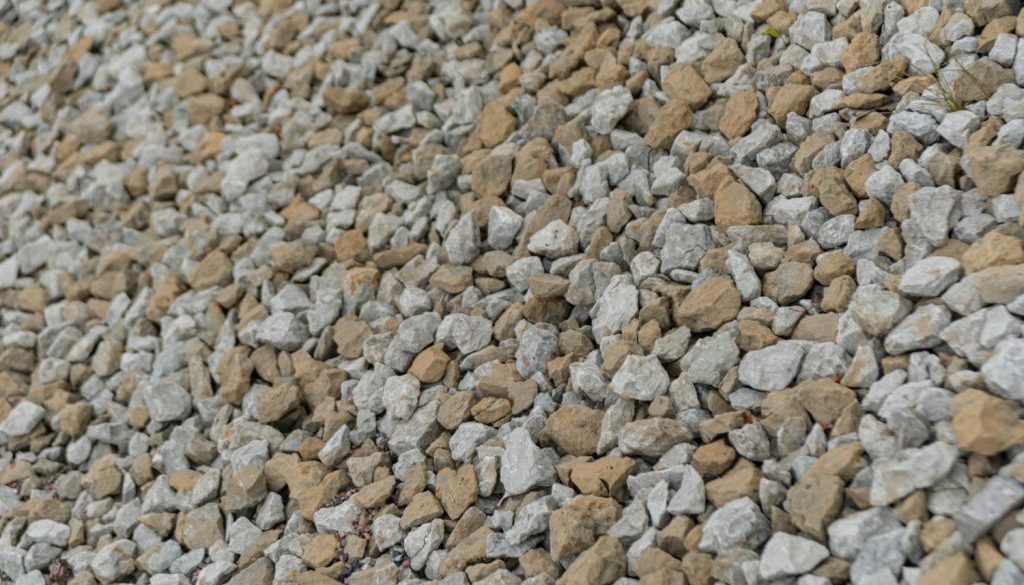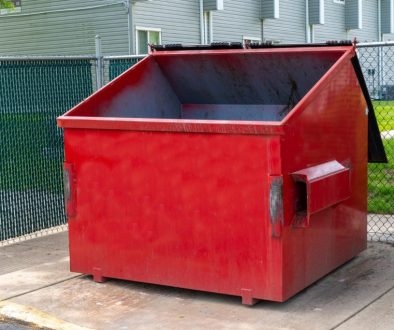Using recycled aggregates in construction projects is a practice with many benefits. Recycled aggregates are materials that have been reprocessed from previously used construction materials, such as concrete, brick, and asphalt.
In this article, we’ll explore the many benefits of using recycled aggregates, including their environmental impact, cost-effectiveness, and practical applications. By understanding these benefits, you can make informed decisions in your construction projects and contribute to a more sustainable industry.
Understanding Recycled Aggregates
Recycled aggregates come from materials that have been previously used in construction, such as concrete, brick, and asphalt. These materials are collected, cleaned, crushed, and processed to create new aggregates suitable for various construction applications.
Using recycled aggregates begins with the demolition of old structures. Instead of sending the debris to landfills, the materials are sorted and processed. This involves removing any contaminants, crushing the materials to the desired size, and ensuring they meet quality standards for new construction projects.
Recycled aggregates can be used in many different ways, including as a base material for roads, paths, and car parks or as a component in new concrete mixes. They offer similar performance to new aggregates but with added environmental benefits.
Environmental Benefits of Using Recycled Aggregates
Using recycled aggregates offers significant environmental benefits. First, it reduces the amount of waste that ends up in landfills. Construction and demolition produce large amounts of waste, so recycling these materials helps decrease the volume of rubbish that needs to be managed.
Recycling aggregates also conserves natural resources. By reusing materials, we reduce the need to extract new raw materials from quarries and other natural sources. This helps preserve the environment and the ecosystems that might be disrupted by mining activities.
Another major benefit is the reduction in greenhouse gas emissions. Processing recycled materials typically uses less energy compared to producing new aggregates. This results in lower carbon emissions, contributing to the fight against climate change.
In addition, using recycled aggregates helps reduce transportation needs. Aggregates are often sourced locally, cutting down the distance materials need to travel. This further reduces fuel consumption and associated emissions.
Cost-Effectiveness and Economic Advantages
Using recycled aggregates can provide considerable cost savings. Because recycled aggregates are processed from materials that would otherwise be discarded, they often cost less than new aggregates. This can help reduce the overall expenses of a construction project, making it more affordable.
In addition to lower material costs, transportation costs can also be reduced. Since recycled aggregates are typically sourced locally, the distance they need to be transported is shorter. This not only cuts down on fuel expenses but also reduces wear and tear on vehicles, leading to further savings.
Recycled aggregates can also create economic opportunities. The recycling process itself generates jobs in collection, sorting, processing, and distribution. This can contribute to the local economy and support community development.
Moreover, using recycled aggregates can sometimes lead to reduced landfill fees. By diverting construction debris from landfills, project managers may avoid costly disposal fees, further enhancing the economic advantages of opting for recycled materials.
Practical Applications and Performance of Recycled Aggregates
Recycled aggregates are highly versatile and can be used in a wide range of construction projects. Here are some practical applications:
1. Road Construction: Recycled aggregates are commonly used as a base or sub-base material for roads. They provide a stable foundation and help with drainage.
2. Concrete Production: Crushed concrete can be used as aggregate in new concrete mixes. This reduces the need for new raw materials and maintains the strength and durability required for construction.
3. Landscaping: Recycled aggregates can be used in landscaping projects for pathways, driveways, and garden beds. They enhance the aesthetic appeal while being eco-friendly.
4. Building Foundations: These aggregates are also suitable for building foundations, providing the necessary support and stability.
The performance of recycled aggregates is on par with that of new materials. They meet stringent quality standards and are reliable for various construction needs. Additionally, the consistency and quality of recycled aggregates have improved over the years, making them a trusted choice for builders and developers.
Conclusion
The benefits of using recycled aggregates are clear. They offer significant environmental advantages by reducing waste, conserving natural resources, and lowering greenhouse gas emissions. Additionally, they provide economic benefits, with cost savings on materials and transportation, along with job creation in the recycling industry.
If you’re considering recycled aggregates for your next project, Enviro Skip Hire can help. We provide high-quality Mot type 1 and professional advice to ensure your project is both successful and environmentally friendly. Contact us today to learn more about our services and how we can assist you in achieving your construction goals.




